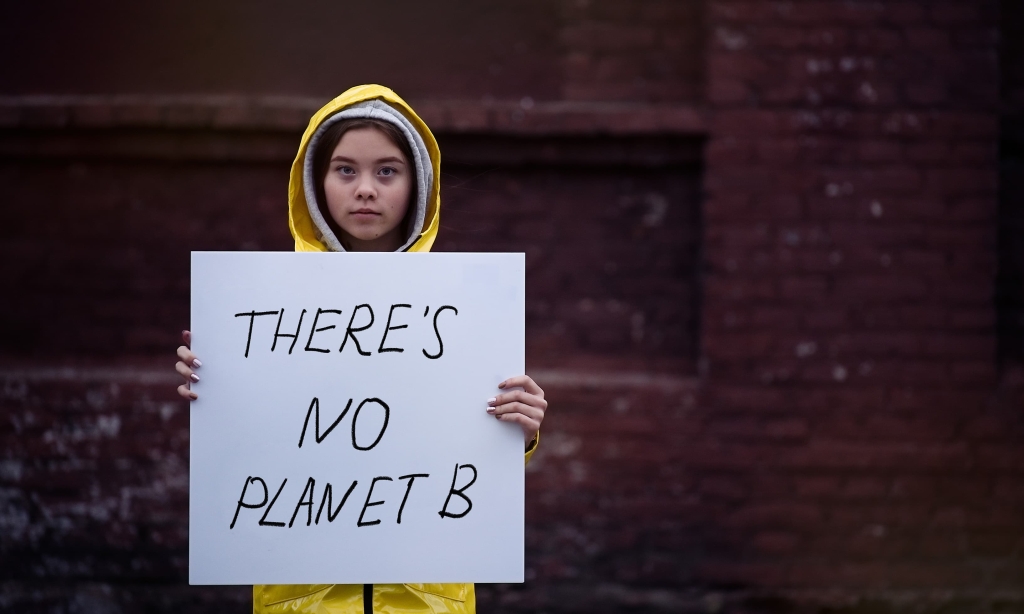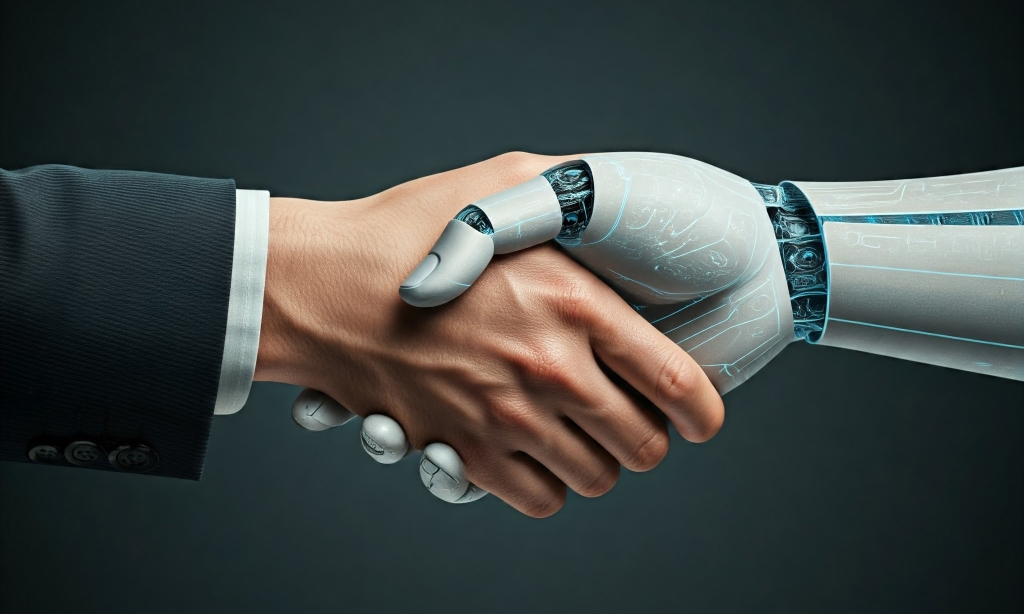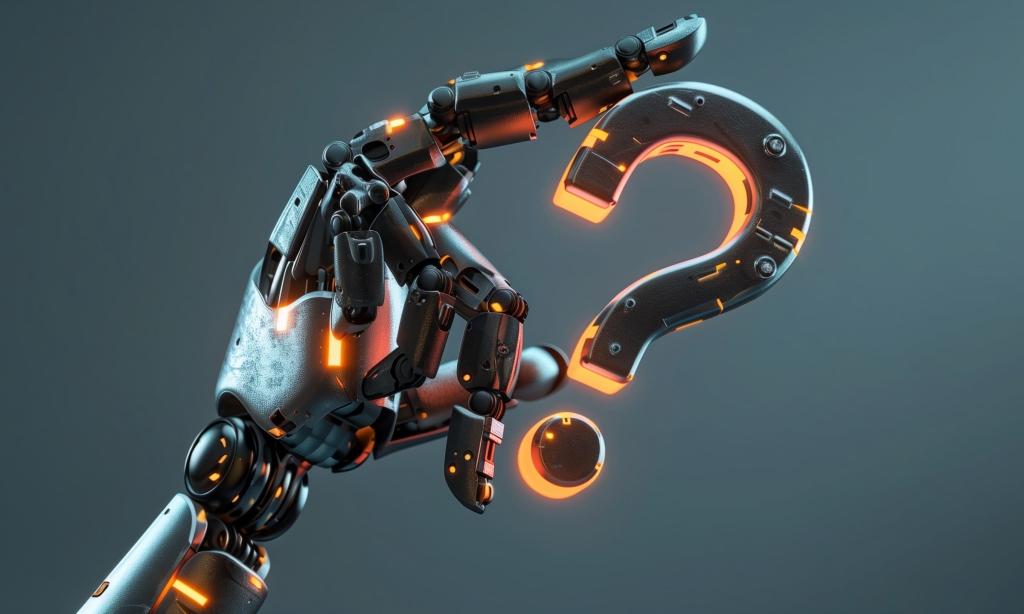

 Article
Article


Newsrooms are embracing AI for everything from fact-finding to writing first drafts. But research from UVA Darden professor Luca Cian and colleagues suggests caution: the more openly outlets disclose AI, the less readers trust them.

A landmark study of 60,000+ people across 63 countries reveals how specific messages — from emotional appeals to future-focused thinking — impact climate beliefs, policy support and real action. The key? Tailored strategies, not one-size-fits-all campaigns.

Many people are worried about AI taking their jobs. The companies making AI tools are also concerned, notably about the public’s trust in the new technology. Ideas to Action checked in with UVA Darden faculty to learn more about trust and AI.

Writing for The Conversation, Luca Cian, a professor of business administration at the University of Virginia’s Darden School of Business, joins colleagues Chiara Longoni of Bocconi University and Ellie Kyung of Babson College to explore how unfair decisions by AI could make us indifferent to bad behavior by humans.
Innovation is essential for a business to thrive, and behind all innovation is creativity. While there are many definitions of creativity, the one that is most agreed upon is that it produces something that is both novel and meaningful. Creativity is not something that people have or don’t; rather, it is a skill that anyone can perfect and grow.
Innovation is essential for a business to thrive, and behind all innovation is creativity. While there are many definitions of creativity, the one that is most agreed upon is that it produces something that is both novel and meaningful. Creativity is not something that people have or don’t; rather, it is a skill that anyone can perfect and grow.
Innovation is essential for a business to thrive, and behind all innovation is creativity. While there are many definitions of creativity, the one that is most agreed upon is that it produces something that is both novel and meaningful. Creativity is not something that people have or don’t; rather, it is a skill that anyone can perfect and grow.
Word-of-mouth is a powerful, organic form of marketing. But what about word-of-machine? Research from Professor Luca Cian shows that customers trust artificial-intelligence recommendations when a product or service is practical but resist when they’re pursuing a product or service for pleasure. What can companies do with this information?
The WHO declared COVID-19 a pandemic two years ago. In one of the largest health psychologies studies ever, a Darden professor researched factors related to adherence to public health measures, including: national identity — different from nationalism — political affiliation, and consistent messaging from leaders across the political spectrum.
Public art contributes to community pride, civic engagement, reduced crime and boosted economic activity — and can be enjoyed without the barriers of cost and class. Here, academics and community activists offer a five-stage framework by which community leaders and policymakers can tap into the power of collaborative art and its impact on society.